Muntasir Ibrahim's sense of relief did not last long after the United Nations announced that an agreement had been reached between the Sudanese army and the Rapid Support Forces (RSF), according to which the two sides would accept a temporary ceasefire and halt the fighting between them for humanitarian purposes from 4 to 7 pm on Sunday, April 16th. Muntasir thought that this limited period of time would be enough to take his wife, who is in labor, to any hospital in the city of Khartoum Bahri. However, the fighting did not stop and the sound of gunfire continued to echo in the streets, so he found himself forced to return home with his wife.
"I searched for a midwife to help deliver my wife, but unfortunately I couldn't find anyone who was willing to venture out onto the dangerous streets of Khartoum," Muntasir begins telling Raseef22.
He adds, "We are not alone, my wife and I, in facing this predicament. Many women have found themselves caught between the pain of labor and the specter of death on the roads, which made the demand for midwives increase, to the extent that one of them thankfully launched an initiative to provide midwives' phone numbers and places of residence on Facebook."
Muntasir thought that the temporary ceasefire would be enough time to take his wife, who is in labor, to a hospital, but the fighting did not stop and the sound of gunfire continued to echo in the streets, so he was forced to return home with his wife
Safaa Taha, Muntasir's wife, is one of dozens of women suffering from labor pains, with no hope of a safe birth in hospitals that many patients and injured civilians have been unable to reach for treatment due to military clashes.
Critical health conditions
The Doctors' Central Committee reported a shortage of medical staff, supplies, and medical equipment in the hospitals of the capital, Khartoum, and revealed that some elements of the warring factions used hospitals as shelters and centers for military confrontations, and this was confirmed by the preliminary committee of the Sudanese Doctors Union.
Despite the announcement of a ceasefire to open safe passages for civilians to evacuate and exit the fighting zones, 7 journalists are still trapped in their office
The committee says that hospitals such as Imperial Hospital, Al Shaab Hospital, and Jafar Ibn Auf Specialized Hospital for Children lack the most basic life essentials such as food and drinking water.
It states that there are facilities that need safe passages to evacuate civilians from them, under the supervision of the United Nations and international organizations, including the Dar Doctors, the doctors' residence quarters, hospitals in Khartoum, Al Moa'lem Medical City, Fedail Hospital, the Khartoum Ophthalmic, Dental, Ear, Nose and Throat hospitals, in addition to the Kuwaiti architecture Center, the St. Francis School, the private female students' residence in the Souq al Arabi, the building of the Faculty of Engineering at the University of Khartoum and the university's dormitory for female students.
Despite the announcement of a ceasefire to open safe passages for civilians to evacuate and exit the fighting zones, seven journalists working for Russia's AlHurra and RT channels are still trapped in their office behind Imperial Hospital, fighting hunger and lack of food.
All institutions where the stranded civilians are in are located in the military operations center near the presidential palace and the headquarters of the army and Rapid Support Forces command.
A number of pediatricians took the initiative to provide free consultations over the phone, posting their phone numbers on social media, in order to cover the gap in the medical service.
Hospitals out of service, empty markets, and unsafe streets... This is how the Sudanese people are living their reality today
Residents' lives at risk
The daily lives of most of Khartoum's 8.6 million citizens, according to an estimate by the Government Statistics Center in 2021, have come to a halt, as they cower in their homes in fear of the bullets and indiscriminate firing of anti-aircraft machine guns, "Dushka", along with shells.
Many people were unable to bury their deceased relatives, whether their deaths were natural or as a result of military operations. Cody Sandweis says he and others dug a grave for their neighbour who was killed in the clashes, but his family was unable to retrieve his body from the conflict zone.
Sudanese people in a large number of neighborhoods in the capital Khartoum and other cities have abandoned the tradition of breaking their Ramadan fast on public roads, fearing for their lives. Many are struggling to stay alive in light of the absence of the water supply after some stations went out of service, in addition to the lack of food aids.
Khalida al-Taher, 34, who lives alone with her three children in an apartment in Taif, east of Khartoum, says she has been living in real terror after the water supply was cut off and the sewage was damaged after a shell hit the well. "If shops and bakeries don't open within a day, my life and the lives of my children are in danger because of the lack of drinking water and the shortage of food at home," she tells Raseef22.
Mustafa Osman, the owner of a bakery in the Kadr neighborhood north of Khartoum, spoke about how an army force ordered the closure of bakeries and shops in the area under the pretext of lack of security, and did not rule out that this is the case in most neighborhoods of the capital.
"If shops and bakeries don't open within a day, my life and the lives of my children are in danger because of the lack of drinking water and the shortage of food at home" – Khalida, 34, a Sudanese woman living alone with her three children east of Khartoum
The devastation spreads
The impact of the war has not been limited to Khartoum and the cities where the clashes are taking place, but has also extended to safe areas and cities, where the prices of goods, vegetables and fruits have skyrocketed in the city of Al-Hasaheisa in the state of Gezira, where fuel is also scarce.
Hospitals out of service, empty markets, and unsafe streets... This is how the Sudanese are living their reality today, paying the price with their health and the lives of their children for a conflict they were never a part of, a conflict that indicates that Sudan is on the brink of what might be a long-term war.
Raseef22 is a not for profit entity. Our focus is on quality journalism. Every contribution to the NasRaseef membership goes directly towards journalism production. We stand independent, not accepting corporate sponsorships, sponsored content or political funding.
Support our mission to keep Raseef22 available to all readers by clicking here!
Interested in writing with us? Check our pitch process here!
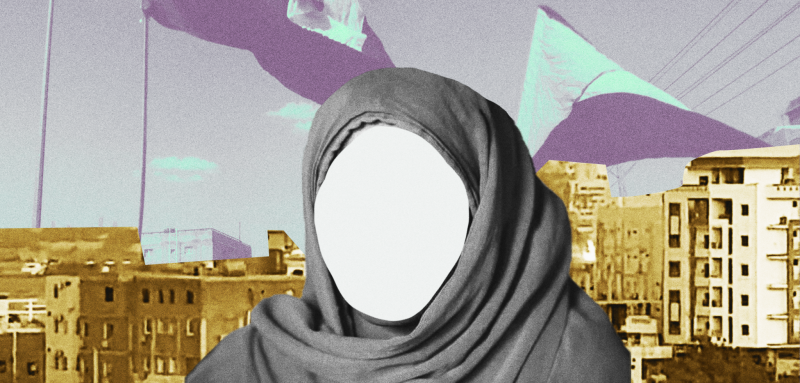
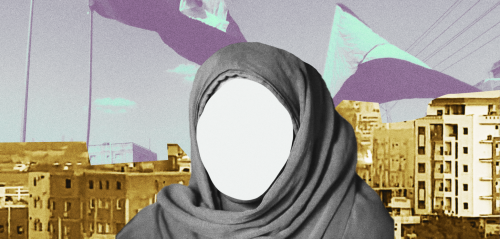
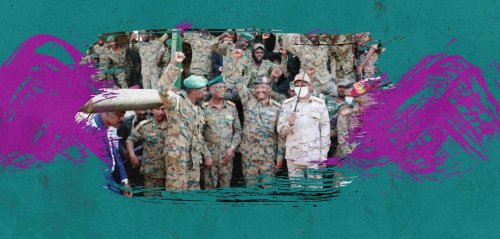
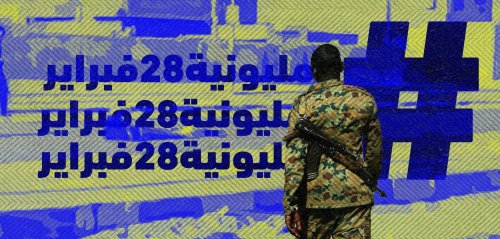
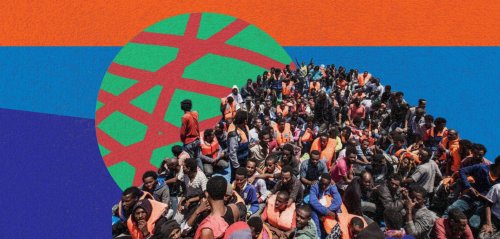

Join the Conversation
ذوالفقار عباس -
2 minutes agoا
Hossam Sami -
55 minutes agoصعود "أحزاب اليمين" نتيجة طبيعية جداً لرفض البعض; وعددهم ليس بالقليل أبداً. لفكرة الإندماج بل...
Anonymous user -
1 day agoرائع و عظيم ..
جيسيكا ملو فالنتاين -
5 days agoزاوية الموضوع لطيفة وتستحق التفكير إلا أنك حجبت عن المرأة أدوارا مهمة تلعبها في العائلة والمجتمع...
Bosaina Sharba -
1 week agoحلو الAudio
شكرا لالكن
رومان حداد -
1 week agoالتحليل عميق، رغم بساطته، شفاف كروح وممتلء كعقل، سأشاهد الفيلم ولكن ما أخشاه أن يكون التحليل أعمق...